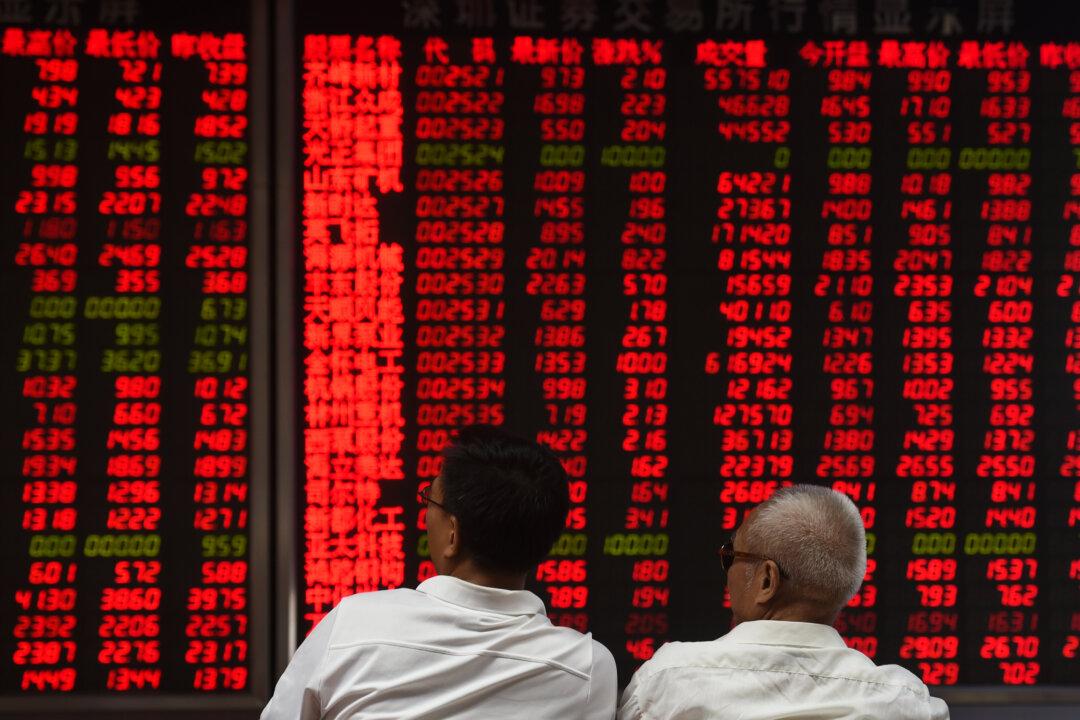Commentary
Environmental, social, and governance (ESG) investing standards—also called “sustainable investing” and “socially responsible investing”—have taken on greater importance in the investment community in recent years.
Such investing has also reached the shores of China.
With this, ESG investing reaches an inflection point. Will the standards have real bite, effecting change at companies, or will they become an irrelevant article for portfolio managers to simply “check the box” and move on?
ESG Standards
What factors do ESG investing usually consider? There isn’t a uniform standard of ESG, but generally speaking it looks at a company’s environmental impact and policies such as waste management, emissions impact, and environmental protection; social policies such as labor standards, employee relations, equal employment, and impact on local communities; and governance factors such as ownership/structural transparency, investor voting rights, independence of the board/oversight, business ethics, and executive compensation fairness.
Today, this trend has migrated from a niche investment product to the mainstream, whereby many portfolio managers consider ESG factor even when constructing non-ESG investment portfolios. And many companies, desperate to add new investors or keep existing ones, are voluntarily publishing reports on how they meet various ESG criteria.
Proponents say that ESG will finally compel companies to become better corporate citizens. And ESG allows investors to use their cash to force change at companies. Critics argue that ESG is another costly regulatory measure that creates another cottage industry, allowing cash-rich companies to rubber-stamp their ESG credentials and skate by, while smaller companies are crippled by the increased burden.
Regardless, one cannot escape ESG. When BlackRock CEO Larry Fink—who oversees the world’s biggest asset manager with $7 trillion in assets—says sustainability will bring “a fundamental reshaping of finance” in its annual open letter to CEOs, company executives will pay attention.
In the letter, Fink calls climate change a “long-term crisis.” And “companies, investors, and governments must prepare for a significant reallocation of capital,” he said.
Finks calls on companies to both increase disclosure and enact policies to support ESG factors. He warned that BlackRock “will be increasingly disposed to vote against management and board directors when companies are not making sufficient progress on sustainability-related disclosures and the business practices and plans underlying them.”
Keep in mind, BlackRock and its peers in the passive investing space are often one of the biggest single investors within S&P 500 companies and wield enormous influence in their voting power. So Fink’s letter isn’t just an empty threat.





